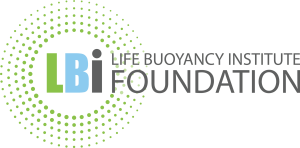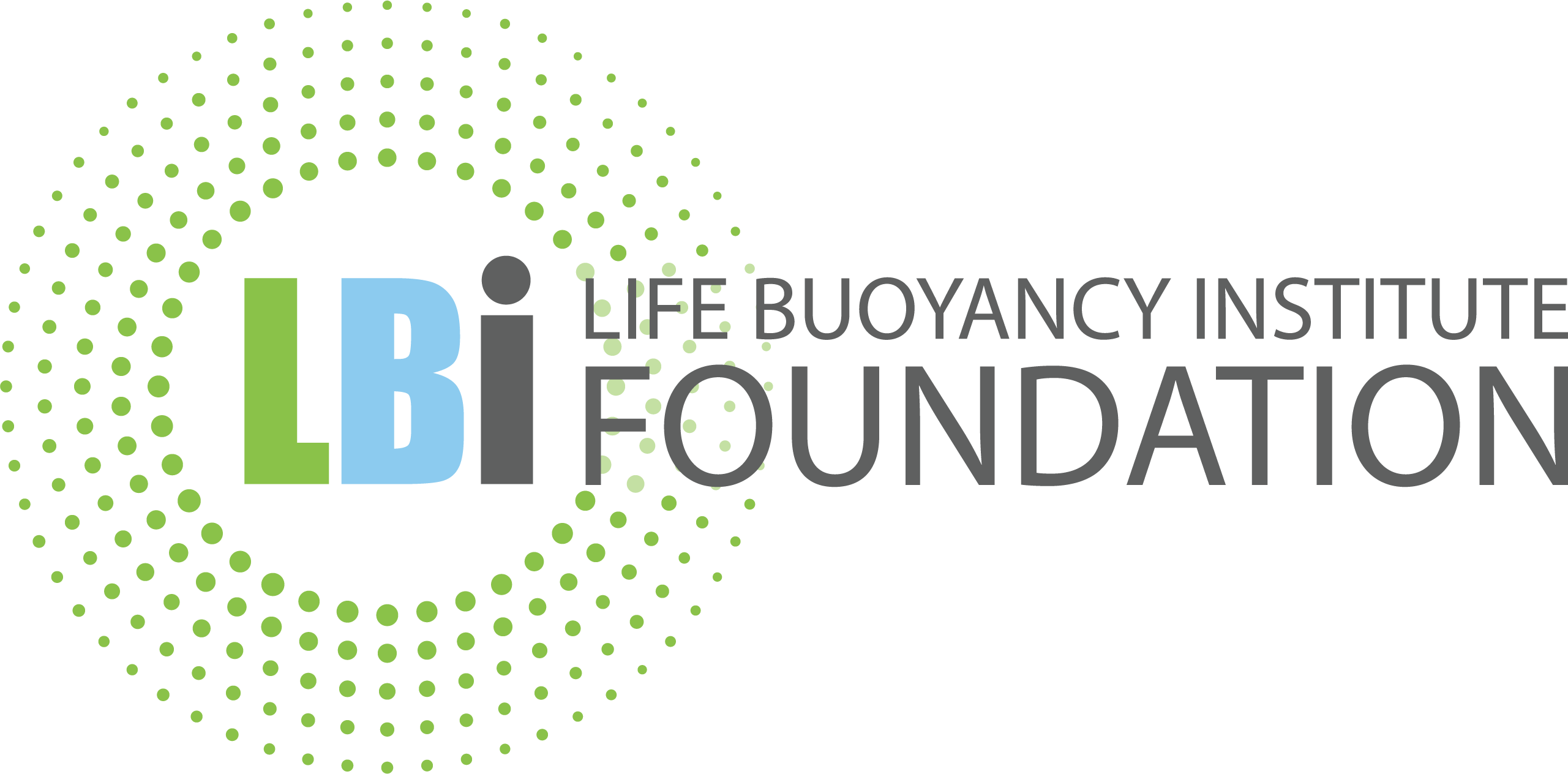Introducing the Research
Qualitative Review of Intentional Practice Across Education
Alicia Bennett, Central Queensland University
Dr Adam Gerace, Central Queensland University
Assoc. Professor Karena Burke, Central Queensland University
In 2022, Psychology Honours Student, Alicia Bennett, under the supervision of Dr Adam Gerace and Associate Professor Karena Burke, conducted a qualitative assessment of the role and value of intentional practice (as made practical by the IMPACT Program) for educators and schools.
The focus group study (n = 13) evaluated educators’ experiences, understandings and perspectives of embedding intentional practice, as well as the barriers and enablers to implementation. The study also examined how intentional practice shaped staff-student interactions and supported student growth.
The study found that the whole-of-school approach to the IMPACT Program (Resilient IMPACT strategy) had led to a “culture of intentionality”, which shaped how educators understood and viewed student behaviours and needs. This culture brought a sharper focus to understanding “what is beneath the surface” of behaviour, with the shared language and tools of the IMPACT Program (including What-What-How) embedded within practice. Across school systems this had resulted in a “culture of wellbeing”, where wellbeing and student growth was not the responsibility of an individual person, but a shared responsibility of the educational community.
The central theme of intentionality included educators being purposeful, deliberate, and mindful during every interaction with students, fellow staff, parents, and the community.
A summary copy of the research can be found here.

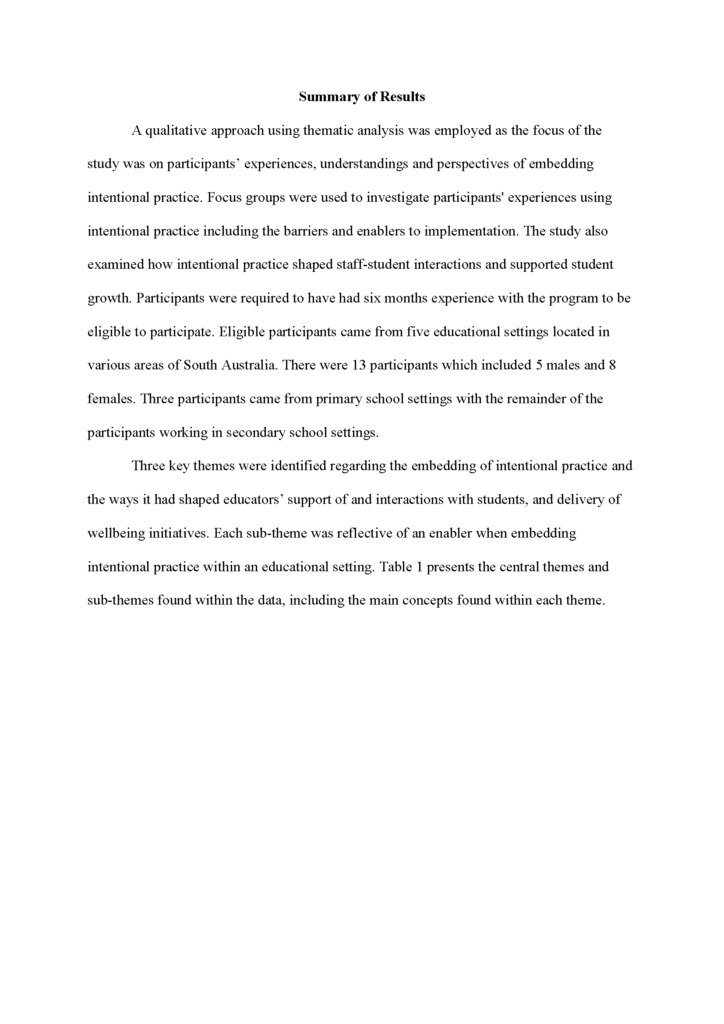
New Articles
- Wellbeing Responsive Community: A Growth Target for Intentional Mental Health Promotion
- Intentional Practice: A Common Language, Approach and Set of Methods
- Strengthening the Implementation of Trauma Science
- Intentionally Designed and Delivered Grassroots Social-Emotional Learning Programs
- Resilient Futures: An Individual and System Level Approach For Building Youth Resilience
Categories
Key Messages
Significance of the Research
- This is the first multi-site evaluation of intentional practice and the IMPACT program. Previous evaluations had focused on a singular educational school community (see research on “Resilient IMPACT“).
- The study provides further support that intentional practice, as made practical by the IMPACT Program, can become a shared language, set of methods and knowledge base for school communities to build a culture of wellbeing from the “system” (whole-of-school) to moment-to-moment support, teaching and care processes. In other words, to be a catalyst to building wellbeing and trauma responsive educational communities.
- The research highlights the important role of (1) shared language, (2) shared knowledge and skills and (3) shared methods to operationalise whole-of-school approaches to wellbeing and student growth.
Further Information
For further information on this summative review, please contact Dr Adam Gerace on a.gerace@cqu.edu.au
